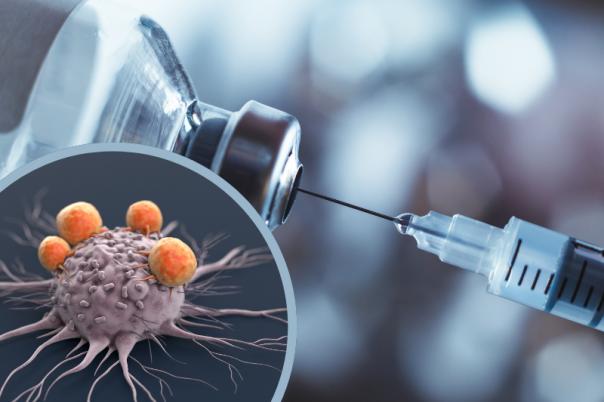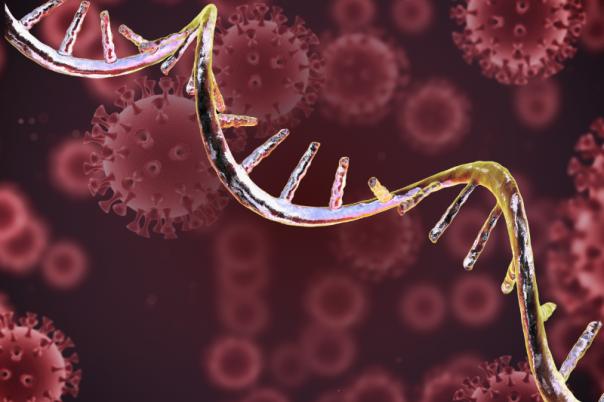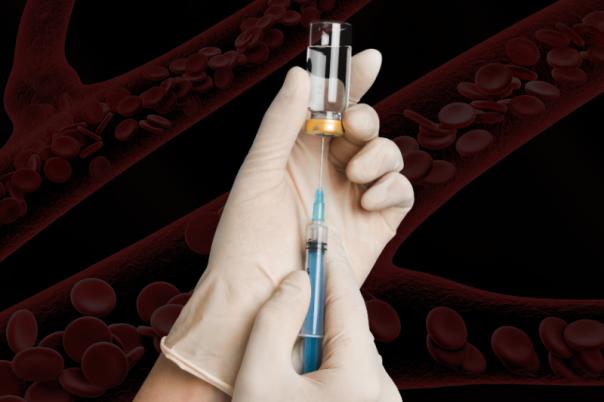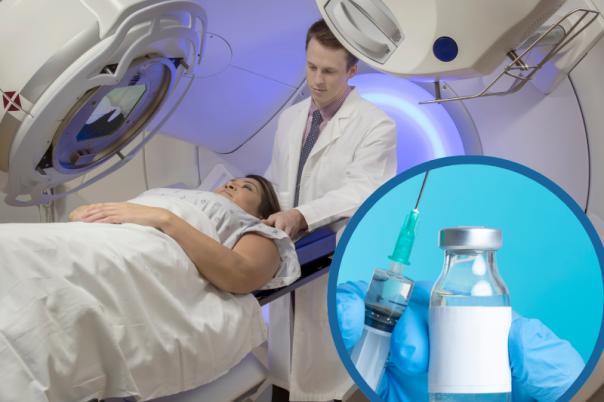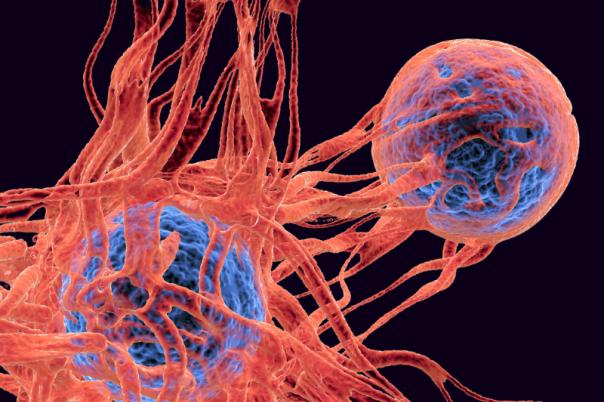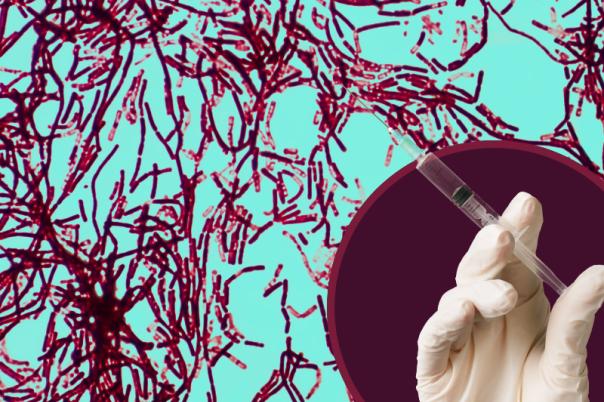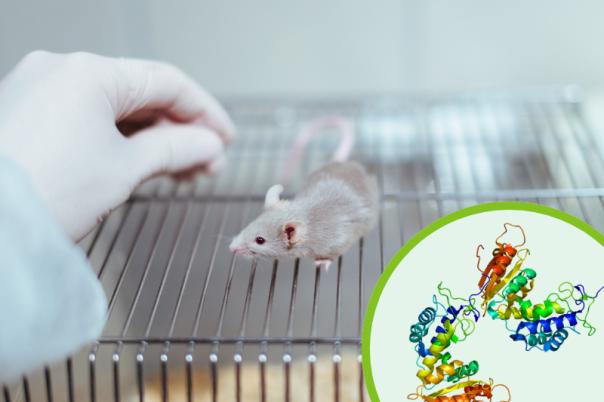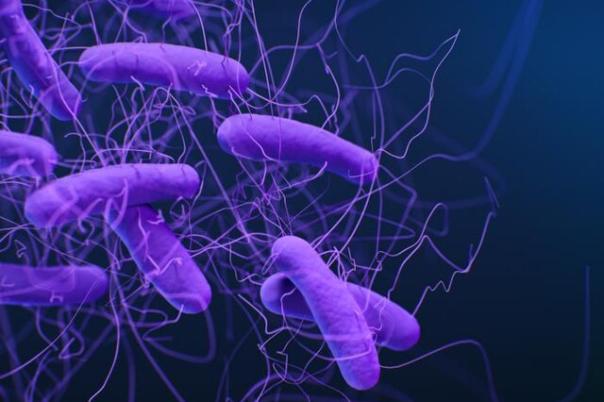Key Takeaways:
- New mRNA vaccine stopped allergic reactions in mice.
- Uses COVID-19 vaccine tech to retrain the immune system.
- Vaccinated mice had clear airways and less inflammation.
- Could lead to a long-lasting, universal allergy shot for people.
- Offers hope for millions with severe or food allergies.
A new mRNA vaccine has been shown to prevent immune reactions and severe inflammation in mice, according to a paper in the Journal of Clinical Investigation. The team from the University of Pennsylvania and Cincinnati Children's Hospital were led by Drew Weissman, 2023’s Nobel laureate for Physiology or Medicine. They used mRNA lipid-nanoparticle technology, behind the COVID-19 vaccines, and applied it to allergens.
Preventing Immune Overreaction
mRNA encapsulated within the lipid nanoparticles contained instructions which told cells to produce allergen-like proteins. By steadily exposing the immune systems of mice to these proteins, the vaccine could train their body’s defences to mount a more measured response rather than overreact, as would usually happen during an allergic reaction.
The paper reports that when these vaccinated mice were then exposed to the actual allergen, none of them had an allergic reaction. These mouse models represented asthma in particular, induced by exposure to ovalbumin and house dust mite.
Vaccinated mice had fewer key markers of allergy, including allergen-specific T cells, inflammation-causing proteins, and lung mucus. While asthmatic mice would normally present with narrower airways, vaccinated mice were protected against this.
“A Potential Breakthrough”
These results have strengthened the desire for further testing in this area. The scientists would like to develop the jab into a potential cure to allergies in humans.
“This is a potential breakthrough for millions of people worldwide who suffer from life-threatening allergies,” said Weissman, who is Roberts Family Professor in Vaccine Research at UPenn.
Wider Potential
Due to the flexibility of mRNA encoding, the platform has the potential to be applied to a broad spectrum of allergens, hypothetically solving allergies from asthma to hay fever as well as many different food sensitivities.
The mRNA format can also produce much longer lasting protection, removing the need for multiple administrations as is needed with the current crop of vaccines. Furthermore, it may be possible to apply the technology to allergies which don’t yet have vaccinations, providing hope to millions.
Providing Hope to Millions
“People with food allergies that can cause anaphylactic shock are rightfully fearful in social situations, eating out in public, sharing food, and engaging in other fun activities where there are food and allergens around,” said Weissman.
“Allowing people to partake in foods they were never able to eat would be incredibly rewarding, but I’ll even be happy if we can one day introduce a vaccine that allows parents to breathe just a little easier when sending their kids to class birthday parties.”

